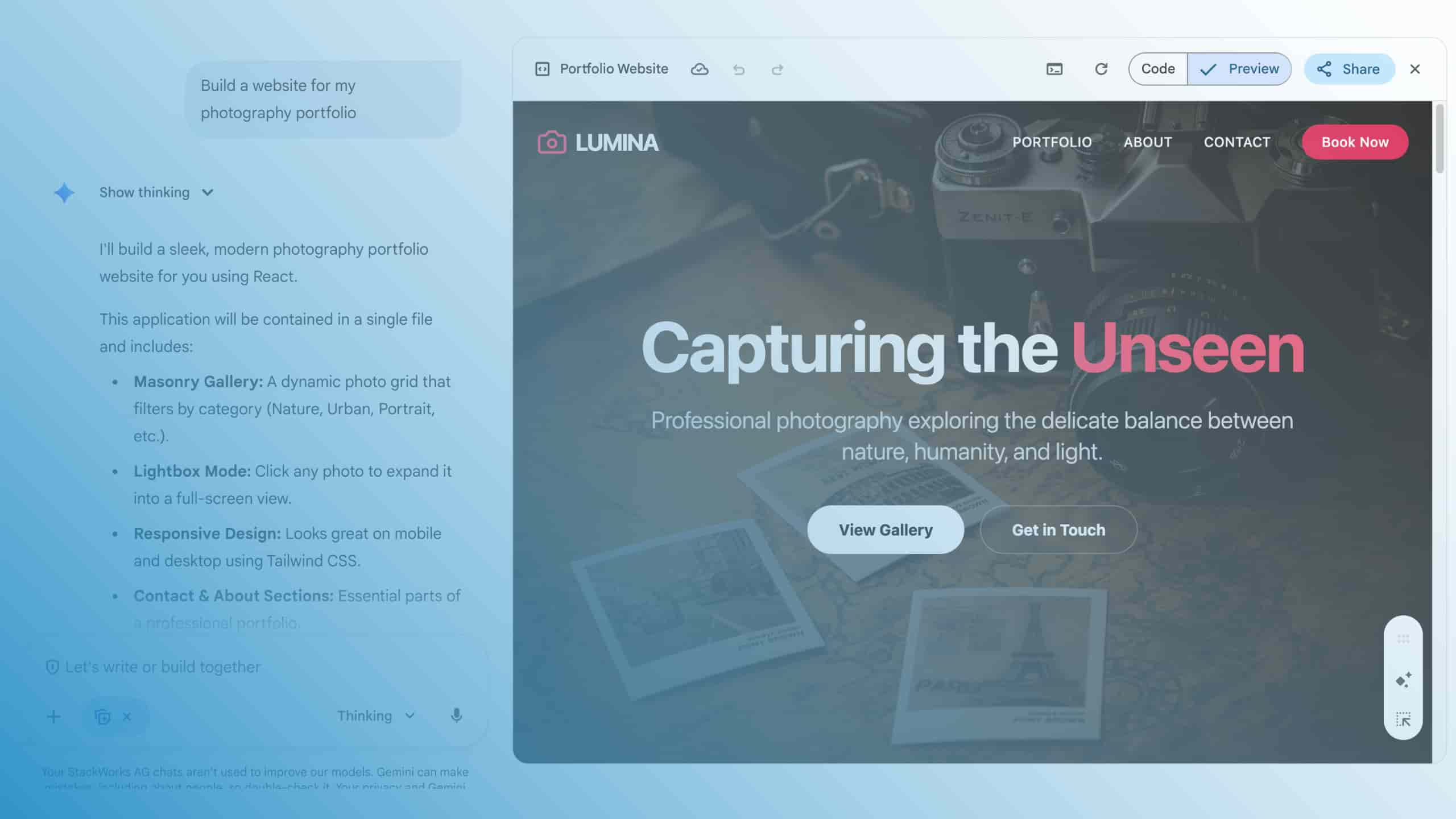"Hybrid Work means productive work without compromise".

Interview on the experiences and insights around Hybrid Work
As an executive, five weeks out of the office! What is still unthinkable in many companies was recently a reality for Ishan Don, founder and CEO of StackWorks. He worked from an apartment in Jaipur, India. He reported on his experiences and insights shortly before his flight home to Switzerland.
Why are you in Jaipur at all, Ishan?
Mypartner is here on business. I take the opportunity to experience a different culture while fully pursuing my work.
Did your work in Switzerland make the decision to fly to India more difficult for you?
In the fall, I worked for two weeks from Canada and was initially a little worried that five weeks might be too long. But now I realize that the connection to my team still doesn't suffer, my colleagues feel it and I can be there for them. In other words, a longer period would also be conceivable.
How did you prepare yourself? Did you do any special research?
I looked for an apartment with an office and my own Internet line. I also bought a second, mobile monitor and took various adapters with me. I already had a notebook with a good webcam and a good headset. Furthermore, I thought about a fallback internet connection. This I then simply implemented here via an eSim solution and a router at home. I use it when the Internet is too slow or fails.
What impressions have you gained from your work in India?
Inot only know the importance of many statements related to Hybrid Work, but also feel them directly. These include making the work experience the same for all employees regardless of where they work, managing employees, and enabling productivity even when I'm not physically present. Also an issue is fatigue related to meetings. I experience what this feels like myself. Because I have more meetings here than I do at home, and I find that concentration becomes really problematic after five or more meetings. At the same time, I experience how well Google Workspace helps me overcome these challenges. It's really awesome. Google Workspace is really designed for hybrid working. I've used my knowledge to set myself two time zones in Calendar, for example. This allows me to schedule meetings well. I also use the "Speedy Meetings" feature. This helps me not to forget breaks. Last but not least, I started using Time Insights - a feature to find out how I spend my time in meetings.
How do you divide up your working days?
Assomeone who prefers to work in the evening, the time difference of four and a half hours is very convenient for me. I usually start here around noon and then work long into the evening, when most people in Switzerland are still in the office. I use the mornings to visit the city and experience something. Very impressive, for example, was Holi - a spring festival in which people throw bright colors at each other and paint them to drive away evil spirits.
Have you been able to gain any impressions of how knowledge workers in India work?
Ingeneral, I continue to work full time, sometimes on the weekends as well. Therefore, I don't have that much time. The image of the digital nomad who experiences everything is a misconception. However, the flexibility is indescribably beautiful. And after the work comes the magic. It's also a chance to get in touch with other IT companies, to learn, and to understand challenges even better.
That sounds like you have to be able to organize yourself very well. What skills does this kind of work require?
Self-disciplineand honesty toward yourself, but also a corporate culture that matches it and trust in the team. We have that. We have a 100 percent remote work policy and I know I can rely on my team.
Would you decide to go on such a trip again?
Yes, I would. This trip will definitely not be the last. Each time I learn something new about Hybrid Work and can think about how to get even better. It is not a one-time task, but an ongoing optimization.
What tips can you give people who want to workremotely for several weeks?
Ifyou want to work remotely for longer, you should invest in good technical equipment. For me, this includes two monitors, a high-quality headset and a good webcam. If the notebook does not have a high-quality camera, I recommend taking an external camera with you. Also important are two Internet lines and an office with good lighting and a neutral background. Often neglected is the importance of a good office chair. I have experienced this. A normal chair quickly becomes uncomfortable. Another tip: On some days, maybe only work 50 percent of the time and enjoy the city and life the rest of the time! This is a valuable way to compensate for overtime. Perhaps one or the other might also open up to this and work on the weekend in exchange for taking time off during the week.
Are there any particular aspects in which the work from India differs from that from other countries and Switzerland?
Internetconnectivity is not so good, even though I am in the center of Jaipur, a city with a population of three million. But I have a good feeling. No matter what happens to my equipment, even if it gets lost, I can buy it new here and continue working. Our cloud infrastructure enables everything and our security settings work.
Do you take away any learnings? If so, which ones? Are any of them also interesting for our customers?
HybridWork is an enabler of New Work - to realize what people want in life. Because productive work is also possible from other locations without compromise. Hybrid Work creates a seamless connection. Physical boundaries fall away, no one notices when someone works remotely. Presence is a given. This message cannot be conveyed clearly enough, as well as the fact that Google offers a truly fitting solution with Workspace. With our know-how, but also with our feel for the pain points in everyday business, we help companies make Hybrid Work possible. This is because we ensure the necessary correct implementations as well as settings and can pass on best practices for individual use. This makes us a partner for mastering a fundamental employer branding challenge. Because many young people want to realize their dream of New Work - be it to discover new cultures or to be more with their families.






